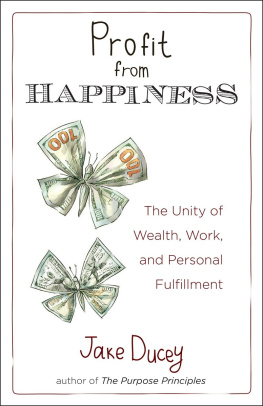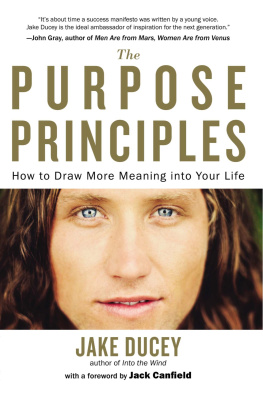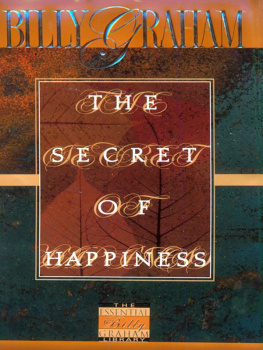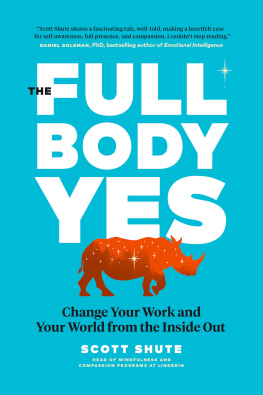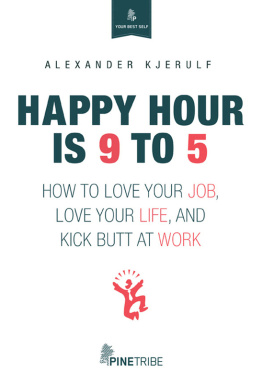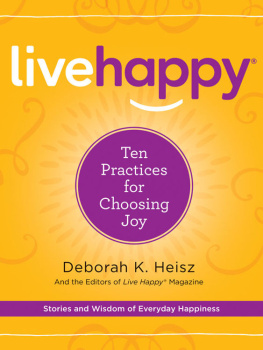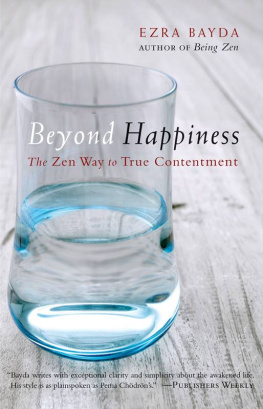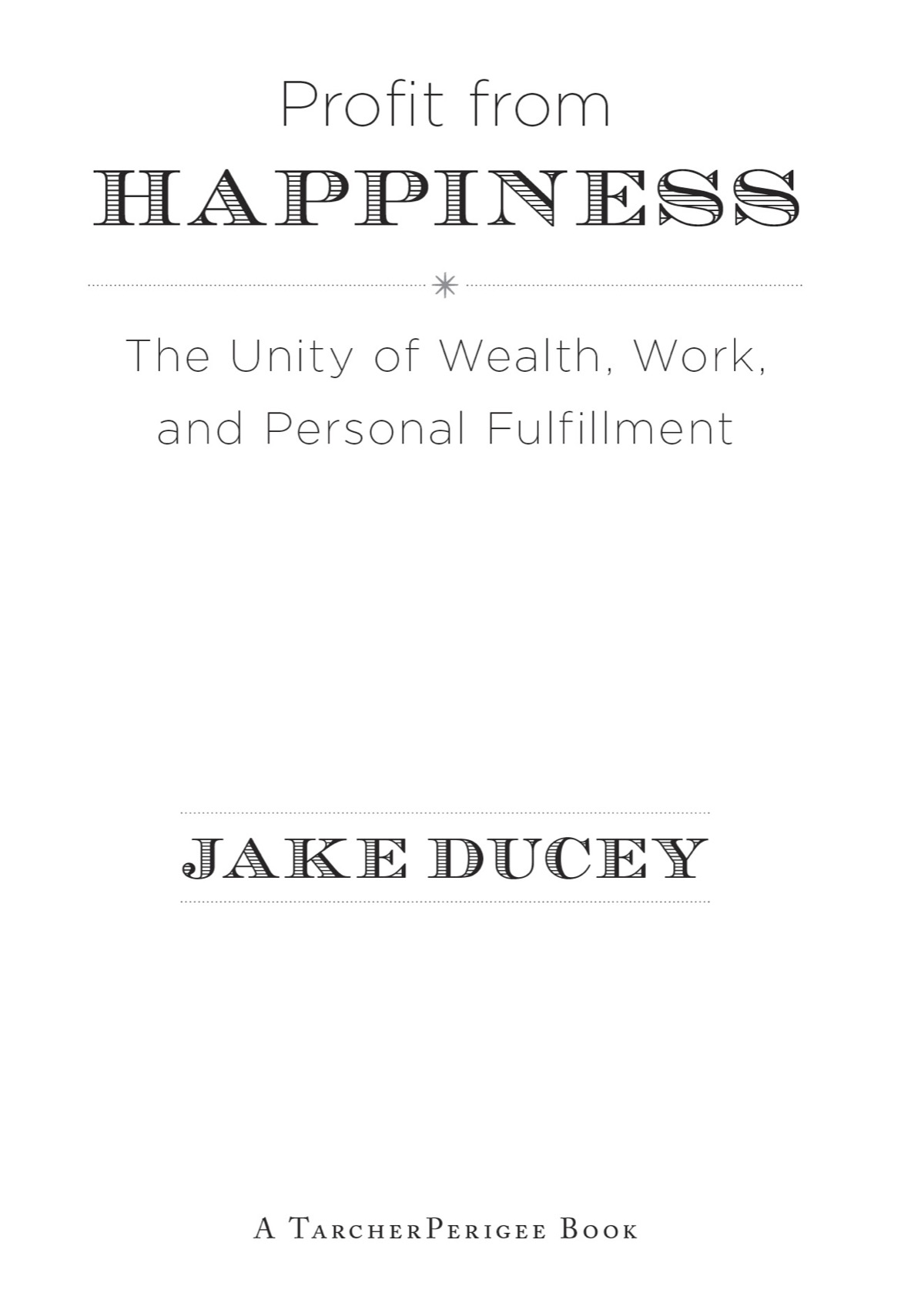Jake Ducey - Profit from Happiness: The Unity of Wealth, Work, and Personal Fulfillment
Here you can read online Jake Ducey - Profit from Happiness: The Unity of Wealth, Work, and Personal Fulfillment full text of the book (entire story) in english for free. Download pdf and epub, get meaning, cover and reviews about this ebook. year: 2016, publisher: Penguin Publishing Group, genre: Religion. Description of the work, (preface) as well as reviews are available. Best literature library LitArk.com created for fans of good reading and offers a wide selection of genres:
Romance novel
Science fiction
Adventure
Detective
Science
History
Home and family
Prose
Art
Politics
Computer
Non-fiction
Religion
Business
Children
Humor
Choose a favorite category and find really read worthwhile books. Enjoy immersion in the world of imagination, feel the emotions of the characters or learn something new for yourself, make an fascinating discovery.
- Book:Profit from Happiness: The Unity of Wealth, Work, and Personal Fulfillment
- Author:
- Publisher:Penguin Publishing Group
- Genre:
- Year:2016
- Rating:3 / 5
- Favourites:Add to favourites
- Your mark:
Profit from Happiness: The Unity of Wealth, Work, and Personal Fulfillment: summary, description and annotation
We offer to read an annotation, description, summary or preface (depends on what the author of the book "Profit from Happiness: The Unity of Wealth, Work, and Personal Fulfillment" wrote himself). If you haven't found the necessary information about the book — write in the comments, we will try to find it.
Imagine doubling your income, without doubling your work hours. Imagine a world where everyone woke up happy, excited for work, and went home fulfilled. Imagine you could not stop smiling because you constantly felt so good about your professional and personal life.
Most people believe that the best way to make more money is to work harder than ever and, as a result, they compromise their relationships, happiness, and energy. Others believe they have to quit their job and travel the world or volunteer their time to find happiness. These are both untrue, according to Ducey.
In this enlightening, simple, heart-opening book, he asserts that the secret to high achievement and happiness at work, at school, in your heart, and at home is the deeply human need to wholeheartedly connect with and become more valuable to those around you.
Ducey gives you mind-expanding and practical new ways to create more success, money, and happiness. The result is an enlightening and fulfilling read that will strengthen your relationship with money, bring you closer to those around you, and transform what you do at work, at school, and at home.
If you would like to make more money, deepen your connection with others, and increase your energy and happiness, this book is for you.
Jake Ducey: author's other books
Who wrote Profit from Happiness: The Unity of Wealth, Work, and Personal Fulfillment? Find out the surname, the name of the author of the book and a list of all author's works by series.

